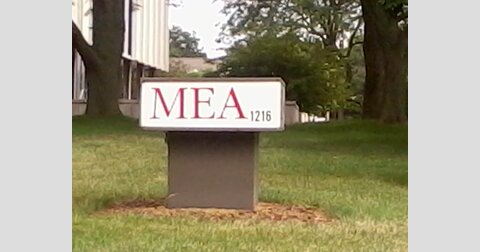Less Than 0.001 Percent of Tenured Teachers Fired Over Past Five Years
Harbor Beach Community Schools paid one teacher tens of thousands of dollars to leave, despite the teacher getting caught kissing some students and head-locking one after being confronted for his behavior. Dearborn Public Schools paid four teachers a total of $197,353 to get rid of them after charges of sexual misconduct and possession of illegal substances on school grounds. Gladwin Community Schools has dished out about $40,000 thus far in a legal case against a kindergarten teacher arraigned on charges of furnishing alcohol for minors.
These are a few of at least 156 tenure cases brought by Michigan public school districts over the past five years. These 156 cases cost school districts and taxpayers at least $7.7 million to cover the costs of removing, or attempting to remove, tenured teachers.
Michigan Capitol Confidential sent Freedom of Information Act (FOIA) requests for the costs to districts of their tenure cases over the past five years. These cases covered June of 2006 through June of 2011.
The Michigan Legislature has recently passed a series of bills that limits teacher tenure and seniority rules. Michael Van Beek, director of education policy at the Mackinac Center for Public Policy, says the changes are good but more needs to be done to protect taxpayer money.
“These tenure reforms empower school boards and principals to better manage their teaching staff,” said Van Beek. “But we'll have to wait and see if schools decide to use this new power to positively impact student achievement or whether they'll continue to operate like they have in the past."
Van Beek also believes that districts were dissuaded from attempting to remove teachers because of union-backed collective bargaining rules and lawyer and court costs.
The 156 cases means less than 0.001 percent of tenured teachers in Michigan were removed or had school districts attempt to remove them over the past five years. This number includes teachers who resigned or signed a severance package after a district made attempts to get rid of them. According to the education documentary "Waiting for Superman," every year nationwide one out of every 57 doctors and one out of every 97 lawyers loses his or her license for malpractice. Drawing from U.S. Department of Education statistics, the film notes that only one out of every 2,500 unionized public school teachers with tenure gets fired in any given year.
One school administrator, who requested anonymity, agrees that cost and time are two of the main “facets” that needed to be evaluated by the Legislature. But the public school official believes the third and most important problem has yet to be addressed.
“The bigger problem is the Tenure Commission which for many years has been extremely pro teacher,” wrote the official in an email. “I have read cases where school districts have spent both time and money and have excellent documentation and a teacher should have been fired, but the Tenure Commission did not remove the teacher.”
“The make-up and power of the Tenure Commission is something that has to be changed.”
~~~~~
Editor's note: Approximately 475 of Michigan’s 551 school districts, or 86 percent, replied to the FOIA request. Notable districts that have not replied include: Detroit Public Schools, Southfield Public Schools, Highland Park Schools, Mount Clemens Community Schools, Mona Shores Public Schools, Lapeer Community Schools, Lakeview Community Schools and Inkster Public Schools.
Michigan Capitol Confidential is the news source produced by the Mackinac Center for Public Policy. Michigan Capitol Confidential reports with a free-market news perspective.


